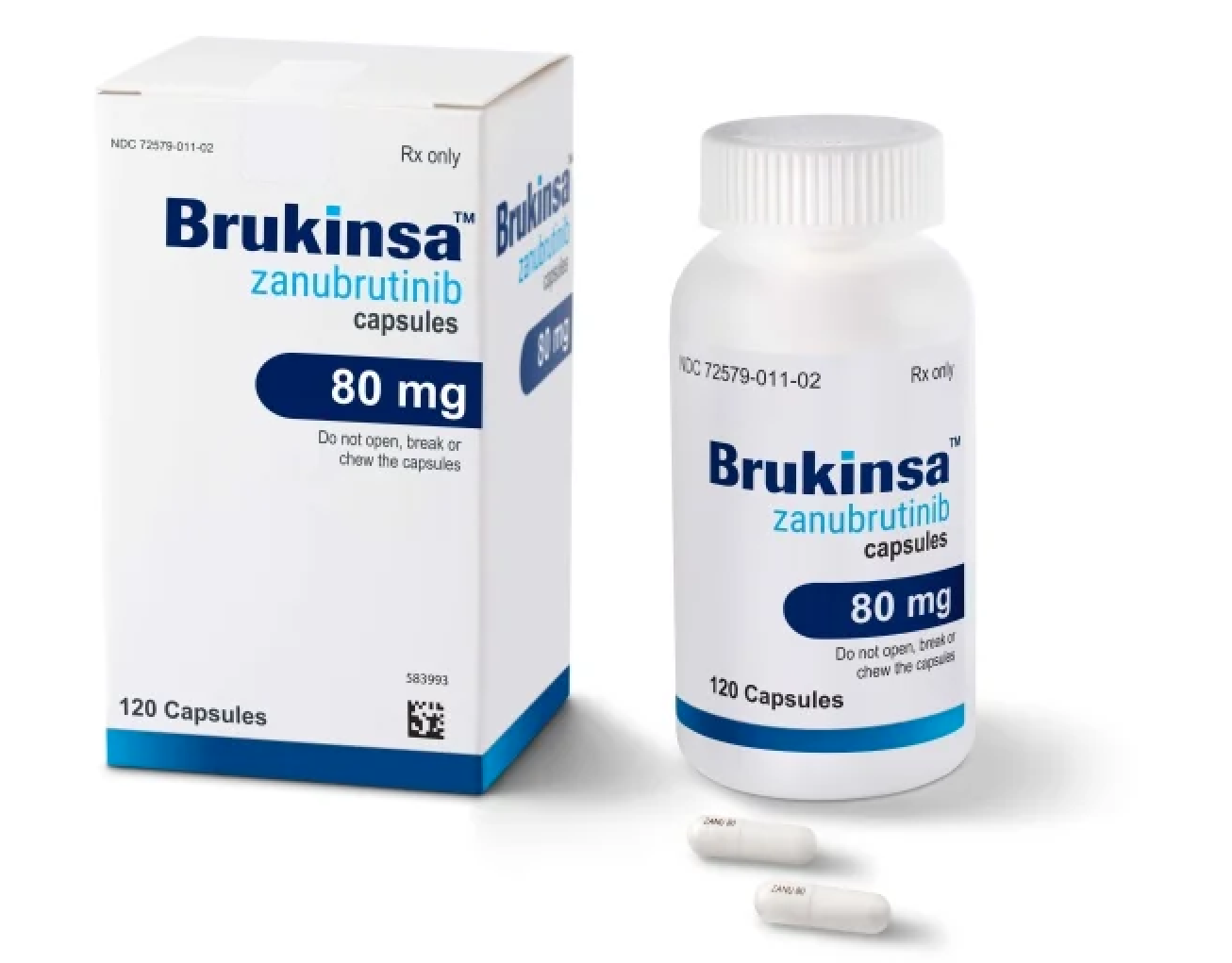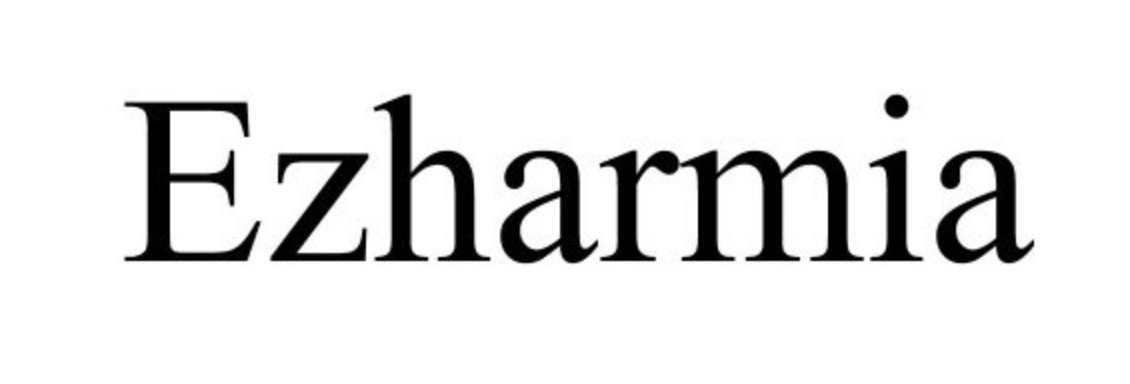Brukinsa (zanubrutinib) vs Ezharmia (valemetostat tosilate)
Brukinsa (zanubrutinib) vs Ezharmia (valemetostat tosilate)
Brukinsa (zanubrutinib) is a Bruton's tyrosine kinase (BTK) inhibitor used primarily in the treatment of mantle cell lymphoma and other B-cell malignancies, offering the benefit of targeted therapy with a potential for fewer off-target effects compared to earlier BTK inhibitors. Ezharmia (valemetostat tosilate), on the other hand, is a dual inhibitor of EZH1 and EZH2, which are enzymes involved in epigenetic regulation, and is being investigated for use in various hematologic malignancies, including adult T-cell leukemia-lymphoma (ATL). When deciding between these two medications, it is crucial to consider the specific type of cancer being treated, as each drug targets different pathways and mechanisms of action, and the decision should be made in consultation with a healthcare provider who can evaluate the individual's unique medical condition and treatment history.
Difference between Brukinsa and Ezharmia
| Metric | Brukinsa (zanubrutinib) | Ezharmia (valemetostat tosilate) |
|---|---|---|
| Generic name | zanubrutinib | valemetostat tosilate |
| Indications | Mantle cell lymphoma, Waldenström's macroglobulinemia, Chronic lymphocytic leukemia | Adults with relapsed or refractory peripheral T-cell lymphoma |
| Mechanism of action | Bruton's tyrosine kinase inhibitor | EZH2 inhibitor |
| Brand names | Brukinsa | Ezharmia |
| Administrative route | Oral | Oral |
| Side effects | Neutropenia, thrombocytopenia, anemia, diarrhea, cough | Thrombocytopenia, neutropenia, anemia, leukopenia, rash |
| Contraindications | Hypersensitivity to zanubrutinib, active infection | Hypersensitivity to valemetostat tosilate |
| Drug class | BTK inhibitor | EZH2 inhibitor |
| Manufacturer | BeiGene | Daiichi Sankyo |
Efficacy
Brukinsa (Zanubrutinib) Efficacy in Treating Lymphoma
Brukinsa (zanubrutinib) is a Bruton's tyrosine kinase (BTK) inhibitor that has shown efficacy in the treatment of various types of lymphoma, including mantle cell lymphoma (MCL), Waldenström's macroglobulinemia, and marginal zone lymphoma. Clinical trials have demonstrated that zanubrutinib can induce high response rates in patients with MCL, a particularly aggressive form of non-Hodgkin lymphoma. In these studies, zanubrutinib has been associated with a high overall response rate, with many patients achieving a complete response, indicating no detectable cancer following treatment.
In addition to its use in MCL, zanubrutinib has also been investigated for its efficacy in other B-cell malignancies, such as chronic lymphocytic leukemia/small lymphocytic lymphoma (CLL/SLL). The drug has been found to be effective in inhibiting the BTK pathway, which plays a crucial role in the survival and proliferation of malignant B cells. The safety and efficacy of zanubrutinib continue to be evaluated in ongoing clinical trials, and it has been granted accelerated approval for certain indications based on overall response rate and duration of response.
Ezharmia (Valemetostat Tosilate) Efficacy in Treating Lymphoma
Ezharmia (valemetostat tosilate) is an investigational agent that functions as an enhancer of zeste homolog 2 (EZH2) inhibitor. It is being explored for the treatment of lymphomas, particularly those that are associated with EZH2 gene mutations. These mutations are commonly found in follicular lymphoma and diffuse large B-cell lymphoma, and they contribute to the pathogenesis of these diseases. In preclinical studies, valemetostat has shown potential in inhibiting the proliferation of lymphoma cells with EZH2 mutations.
Clinical trials are underway to determine the efficacy and safety of valemetostat in patients with relapsed or refractory non-Hodgkin lymphoma, including those with EZH2 gene alterations. While the data from these trials are still emerging, early results suggest that valemetostat may offer a novel therapeutic approach for patients with lymphomas that harbor these specific genetic abnormalities. The outcomes of these studies are eagerly anticipated, as they will provide more definitive information on the efficacy of valemetostat in the treatment of lymphoma.
Regulatory Agency Approvals
Brukinsa
-
European Medical Agency (EMA), European Union

-
Food and Drug Administration (FDA), USA

Ezharmia
-
Pharmaceuticals and Medical Devices Agency (PMDA), Japan

Access Brukinsa or Ezharmia today
If Brukinsa or Ezharmia are not approved or available in your country (e.g. due to supply issues), you can access them via Everyone.org.
How it works

Make an enquiry
Choose the medicine you want to buy, answer a couple of questions, and upload your prescription to speed things up. We’ll get back to you within 24 hours.


Make an enquiry
Choose the medicine you want to buy, answer a couple of questions, and upload your prescription to speed things up. We’ll get back to you within 24 hours.


Breeze through the paperwork
We'll guide you through the required documents for importing unapproved medicine, ensuring you have all the necessary information.


Get a personalized quote
We’ll prepare a quote for you, including medicine costs and any shipping, administrative, or import fees that may apply.


Receive your medicine
Accept the quote and we’ll handle the rest - sourcing and safely delivering your medicine.

Some text on this page has been automatically generated. Speak to your physician before you start a new treatment or medication.
Let's talk
If you have any questions, call us or send us a message through WhatsApp or email:
Contact us




